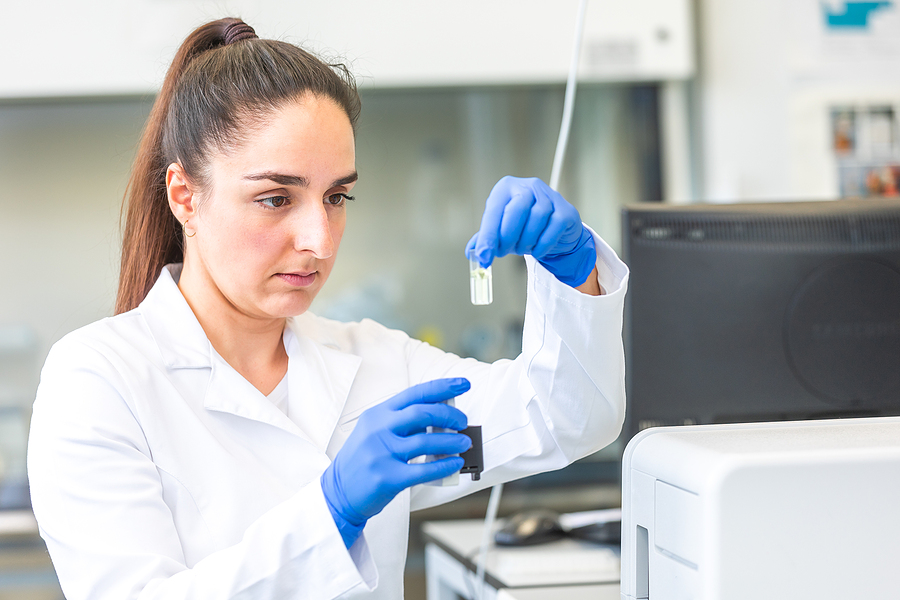The need for clinical research has skyrocketed in recent years with the increase of diseases worldwide. Medicines are manufactured to tackle diseases in humans. However, as each human body is different, the way drug compositions are accepted is also different. For example, metronidazole, a potential component in Metrogyl (used to treat loose motion and diarrhoea), might cause intense allergies among some patients. While the effectiveness of drugs is measured during the research process, most of their potential drawbacks are found through effective clinical research. This is why clinical research is immensely important.
Clinical research is an essential factor in advancing medicine and improving patient treatments. It involves conducting a variety of studies to identify ways to diagnose, prevent, treat, and cure diseases and medical conditions. The results of clinical research are used to inform medical decisions that can have a significant impact on public health. By understanding the importance of clinical research, healthcare professionals can ensure their work is informed by evidence-based practices that improve patient outcomes.
What Is Clinical Research?
Clinical research is the process of testing new ideas or treatments in humans or animals to determine their safety and effectiveness. It includes observational studies such as surveys, interviews, data analysis, and interventional trials where participants are given a specific intervention such as medication or therapy. Through this process, researchers gain insight into how different treatments affect people differently so they can make more informed decisions about which interventions are most effective for certain groups of patients.
Why is Clinical Research important?
The question ‘why clinical research is important’ has too many answers. Clinical research has many benefits for both individual patients and society at large. On an individual level, it helps doctors better understand how various treatments and medication work for different individuals so they can make more informed decisions about which ones will be most beneficial for each patient’s particular situation. Through effective clinical research, different benefits of a drug can be identified. For example, through effective clinical research, it was identified that some medicines manufactured to cure diabetes, like Metformin, can help get rid of PCOD problems in girls.
On a larger scale, clinical research contributes significantly to medical advances that can benefit entire populations by providing information on new therapies or medications that may be available at lower costs than existing options while still providing effective care. Additionally, it helps create better guidelines for diagnosis and treatment based on evidence-based practices rather than relying solely on anecdotal evidence or traditional beliefs about medicine that may not always be accurate or up-to-date with current scientific knowledge.
The Challenges Faced by Clinical Researchers
Despite its many benefits, there are also some challenges associated with conducting clinical research due to the complexity of studying human physiology and behavior. For example, ethical considerations must be considered when designing trials so they do not put participants at unnecessary risk while still obtaining valid results from them. This means researchers must carefully weigh potential risks versus rewards when deciding what type of study design is appropriate for the situation at hand. Additionally, recruiting enough volunteers who meet the necessary criteria for participation in a study can be difficult since they must meet strict eligibility requirements established by regulatory bodies such as the Food and Drug Administration (FDA). Finally, there may also be financial limitations associated with conducting certain types of studies due to the expensive equipment required or other costs associated with running trials. Additionally, patients are apprehensive about associating themselves with these kinds of trials as they think it might leak their confidential data.
How Can We Improve Clinical Research?
To ensure clinical research continues to advance medicine safely and effectively, there are several steps we can take. Increasing funding opportunities, encouraging collaboration between academic institutions, streamlining regulations related to conducting trials, and educating healthcare providers on best practices related to clinical research are some of the ways clinical research can be improved. Additionally, supporting initiatives aimed at diversifying participant pools, investing in technology solutions designed specifically for managing trial data, advocating for policies aimed at protecting vulnerable populations from exploitation during trials, and promoting public engagement can also help. All these efforts help ensure clinical researchers have access to resources needed while also protecting those involved from any potential harm caused by participating in experiments without proper consent or safeguards being put into place first.
Conclusion
Clinical research plays an invaluable role in advancing medicine by providing much-needed data points used when making decisions regarding diagnosis, prevention, treatment, and curative strategies. While there are challenges involved with conducting these types of experiments, there are also numerous steps we can take towards improving them, which will ultimately lead us closer to finding cures faster than ever before.
Image Source: BigStockPhoto.com (Licensed)
Related Categories: Medicine, Reviews








